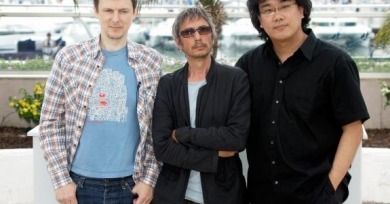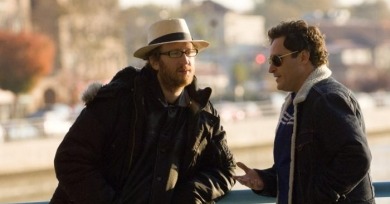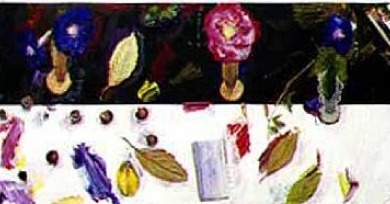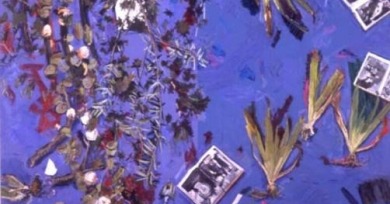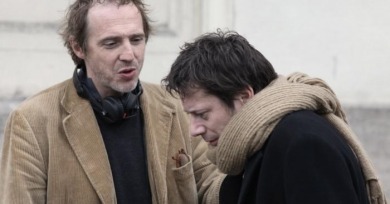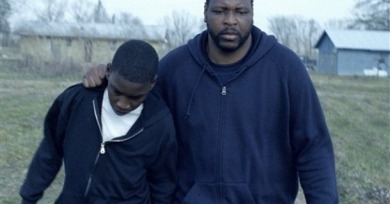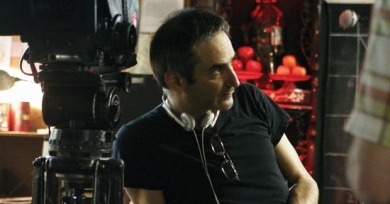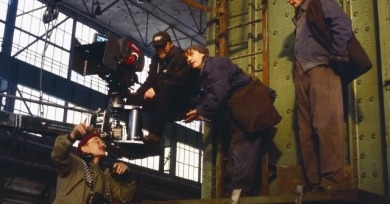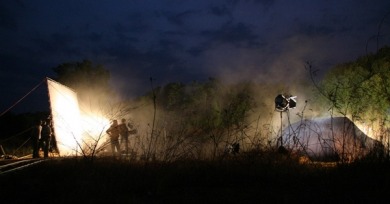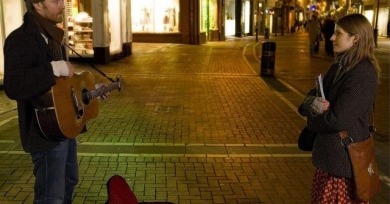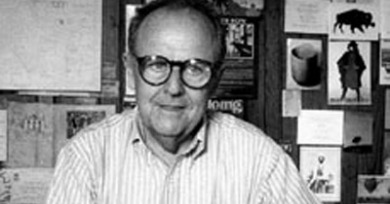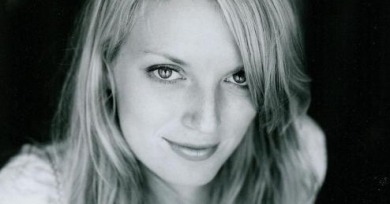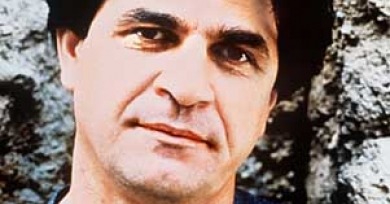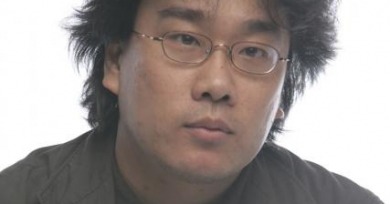Interviews
Carax: "Americans are hard to hate, because they're very diverse. You can't just say that they're disgusting because they live long and their eyes are shaped like the female sex. It's very different."
"A lot of who you are is going to find its way onto the screen regardless of your own efforts. Your work will always be marked by who you are and where you came from. Hell, even something as ridiculous as the weather can exert a huge influence over who you are as a person."
"Something he said to me a couple of times was, 'I really think I missed the boat on Hitchcock.'”
"That’s always been a great adventure for me, looking at the work of a director. But there’s also the individual film, and the individual moment."
"One of the things that I think cinema does that no other art does is that you can really have things that are noble and things that are not noble, and they’re of equal value."
"That’s the difficult thing about directing and then editing: you’re locked away in a room with a bunch of bad material. Only filmmakers understand that most of what you record is shit. And then you spend two years constantly looking at stuff that’s failed miserably."
"Whatever is happening now in Asia, in India, what is going on in Russia…it’s those parts of the world that are catching up with modern history, creating this huge turmoil where anything can happen, which defines the world we live in."
"That is really the message of Strike—we can’t truly influence history with all these ideologies and political structures, but it is very important that every single human behaves in a decent way because the society as a whole becomes more decent."
"We always repeat things. When we fall in love, it’s always the same. And when we think about something, we always keep thinking. Do you remember the first time you met your boyfriend? It was the same. But then maybe you got different angles."
"The idea really came from being a musician and loving music. When I watch films I find myself responding to the score much more than the dialogue. I always imagine that the director wrote the music."
"Point of Order was made out of absolute junk, in junky kinescope. But it was the first time that anybody had taken a complete hearing and made something more real out of it than the reality, because the reality of it wasn’t very real."
'With Alzheimer’s you can have these extremely vivid, potent, emotional memories that aren’t necessarily connected to articulated facts or events. So she has these moments where she instinctually remembers how she feels about her husband, but doesn’t remember who he is."
"I live in this society, and all my subjects come from things I see around me and things that affect me personally. And this also came from something that happened to me personally. I wanted to go see a soccer game a few years ago, and my daughter, who was twelve years old at the time, wanted to go with me."
"There was so much to take care of as a director to make the film, and there are no sci-fi or visual effects film traditions in Korea. The Host is a small budget film in the Hollywood standard, but it is a big film in Korea."
